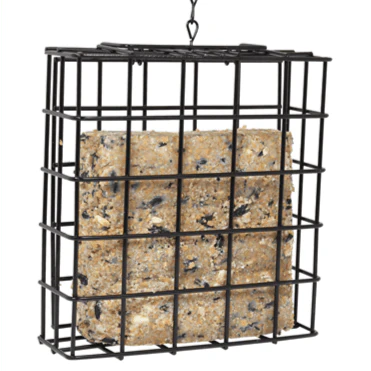Winter can be a challenging time for birds, especially since they are exposed to extreme temperatures and lack of food. It is important to understand the basics of bird care in the winter in order to ensure that your feathered friends stay safe and healthy. In this article, we will discuss the basics of bird care in the winter, including bird feeding, cold weather tips, and safety precautions. With these tips in mind, you can make sure that your birds stay happy and healthy throughout the winter months!

Feeding and Sheltering Birds During the Coldest Time of Year
As the coldest time of year approaches, it is important to consider how we can best care for our feathered friends. Winter bird food and proper shelter are essential for birds during the winter months. By providing them with adequate food and shelter, we can ensure that they stay healthy and safe during the coldest time of year.
There are a variety of winter bird foods available on the market, so it is important to choose one that contains high-quality ingredients that birds need to survive the cold weather such as our most popular suet, C&S High Energy Suet. Additionally, providing birds with a sheltered area will help them stay warm and safe from predators. With some simple steps, we can help our feathered friends get through even the coldest winter days. For best practices, try placing your birdfeeder close to your bird’s home.




Maintaining Your Bird Feeder and Water Source Throughout the Winter
Maintaining your bird feeder and water source throughout the winter is essential for keeping your feathered friends happy and healthy. With these tips, you’ll be able to provide a safe and comfortable environment for your feathered friends all year round!
Tip 1 – Clean your bird feeder at least once a week and change it out with a fresh bag of seed or suet each time. You can either clean your feeder outside or indoors in the kitchen sink, filling the sink with soapy water and using a clean sponge or rag to scrub away any buildup. Try not to use harsh chemicals as they can damage the birds’ respiratory systems! A natural solution of warm water and baking soda can also be used to clean a feeder.
Tip 2 – Clean the Base of Your Bird Feeder Regularly. The base is where your birds are getting their feet wet when they walk into your bird feeder, so keeping it as clean as possible will help prevent debris from building up and causing unpleasant odors.
Tip 3 – Change Out Your Bird Food. Like you, birds have preferences for different types of seeds ( sunflower seeds, safflower seeds, etc). When you aren’t able to use your bird feeder regularly, change out the type of seed you are using and make sure it’s fresh.

Providing a Suitable Environment For Wild Birds During Winters
With the onset of winter, wild birds need extra care and attention to survive the cold. It is important to provide them with a suitable environment in order to ensure their safety and well-being. This can be done by creating a safe habitat for them and helping them find shelter during the cold season.
By providing a suitable environment for wild birds during winters, we can help ensure that they have enough food and water sources, as well as protection from predators. We can also make sure that they have access to places where they can find shelter from the harsh weather conditions. By doing so, we will be helping these creatures survive in their natural habitats even during the harshest of times.


